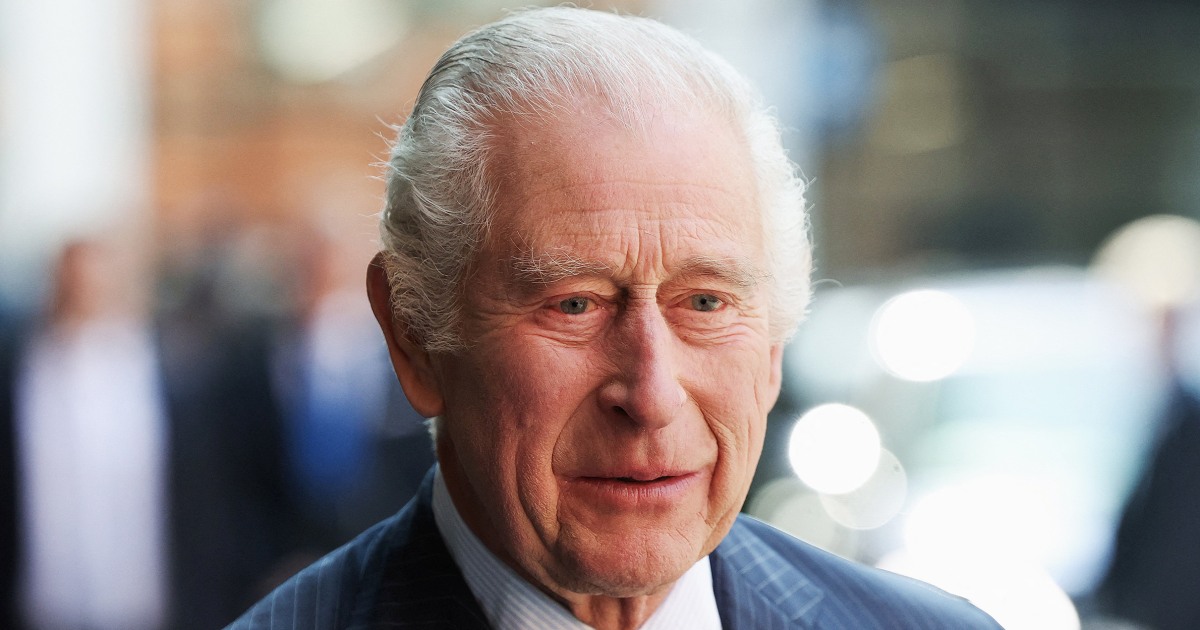Australia awaits King Charles on first big overseas tour since cancer diagnosis

- by Admin
- October 16, 2024

SYDNEY, Australia — King Charles, the only British monarch who has spent time living in Australia, arrives on Friday for his inaugural visit to an overseas realm as sovereign, his first major foreign trip since being diagnosed with cancer.
The first visit by a reigning monarch in 13 years has revived debate in Australia over whether a British royal should be head of state, although polling shows Australians remain ambivalent about becoming a republic.
Concern for King Charles’s health has seen the republican movement’s founder, “Schindler’s List” author Thomas Keneally, accept an invitation to meet a royal couple he says are amiable and relatable.
It is embarrassing that Australians are subjects of the king, Keneally said in an interview, adding that this was no fault of King Charles, who has said a republic is a matter for Australians to decide.
“I hope he is OK on this tour because he has that cancer,” Keneally said. “He is not the problem in all this, because he said over and over it’s up to us.”
A poll published in News Corp newspapers this week showed support for Australia remaining a constitutional monarchy at 45%, compared with 33% support for becoming a republic and the rest undecided.
“Most Australians, whether they are constitutional monarchists or republicans, are well aware of the King’s deep affection for Australia,” said George Brandis, who was Australia’s High Commissioner in London from 2018 to 2022.
King Charles lived in Australia for six months in 1966, attending Timbertop, the rural campus of the prestigious Geelong Grammar School.
A national referendum on becoming a republic was defeated in 1999 and dropped off the political agenda of the governing center-left Labor Party after Queen Elizabeth died in 2022. Prime Minister Anthony Albanese will meet the king in Canberra.
Republican sentiment in Australia is “at a very low ebb,” Brandis said. “Australians will also appreciate that the King has been undergoing treatment for cancer, yet he has flown halfway around the world, and interrupted his cancer treatment, to come to Australia.”
King Charles and Queen Camilla will visit Sydney and Canberra before traveling to the Commonwealth Heads of Government Meeting in Samoa next week.
Their trip will be shorter in time and the distance covered than typical royal tours, reflecting the care the king’s medical team is taking with his health in light of his ongoing treatment.
He will meet cancer researcher Richard Scolyer, who was named Australian of the Year in January for his work on melanoma treatments. Scolyer is also using a world-first method to treat his own brain cancer.
As Australia prepares for the king’s visit, pro-republic campaigners are distributing posters promoting the “farewell to monarchy tour.”
“We’d love to wave goodbye to royal reign,” said Nathan Hansford, co-chair of the Australian Republic Movement.
Keneally, 89, said when he founded the Australian Republic Movement in 1991, formal meetings in Australia required a toast to the monarch, and the royal portrait was hung in every public building.
“When we drank to Australia, we drank to the Queen of Australia, and I felt that didn’t represent who we were,” he said.
Australia has changed from a largely Anglo-Celtic society to an immigrant nation welcoming new citizens who no longer must swear allegiance to the king, yet it still has “a very strange addiction to the monarchy,” Keneally said.
“The gravity is pulling our way, but it is pulling very slow in the republican direction. The disappearance of the monarch from public life is a sign of all that,” he said.
The Latest News
-
December 25, 2024Our favorite golf memories from 2024 – Australian Golf Digest
-
December 25, 2024Where to watch Australia vs. India 4th Test: Free live stream, free-to-air channel, start time for cricket match | Sporting News Australia
-
December 25, 2024Gearing Up for Australian Open, Nick Kyrgios Elevated in Bold Predictions From Renowned Tennis Experts
-
December 25, 2024Dads’ day out! Australian stars unwind with with wives, kids at MCG. Watch | Cricket News – Times of India
-
December 25, 2024Border-Gavaskar Trophy: What is Australia’s record in Melbourne in Test matches? | Sporting News Australia





